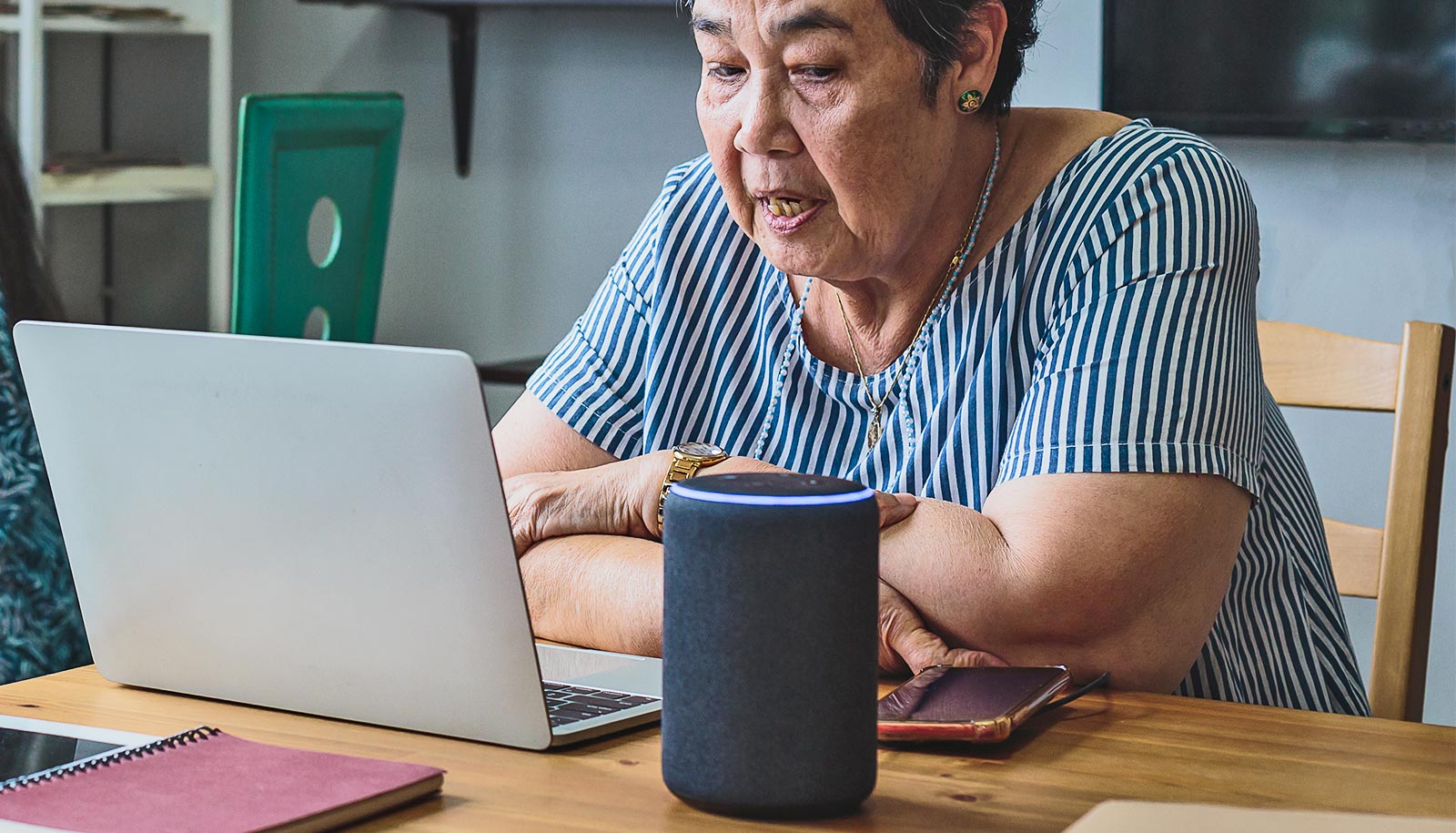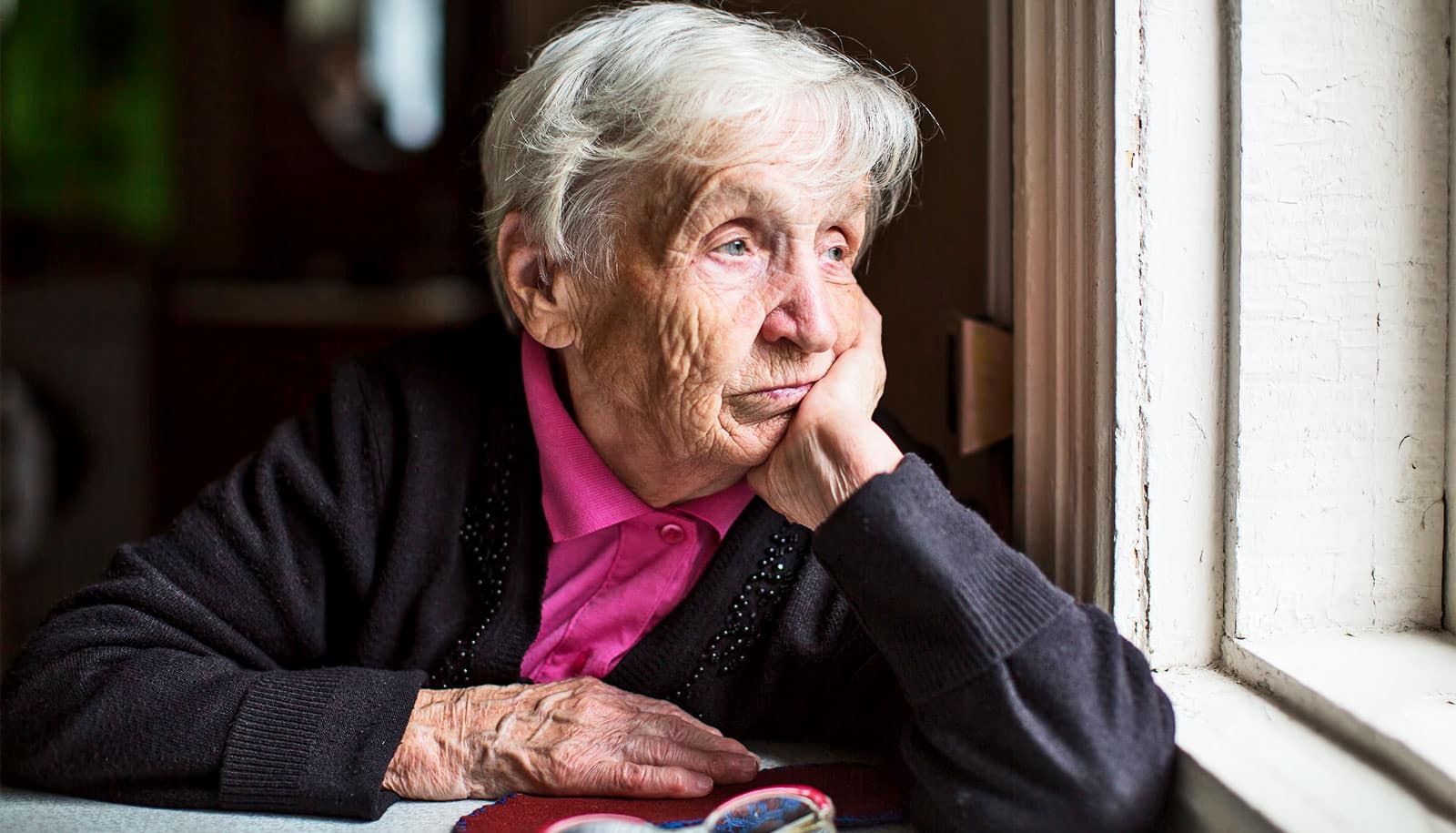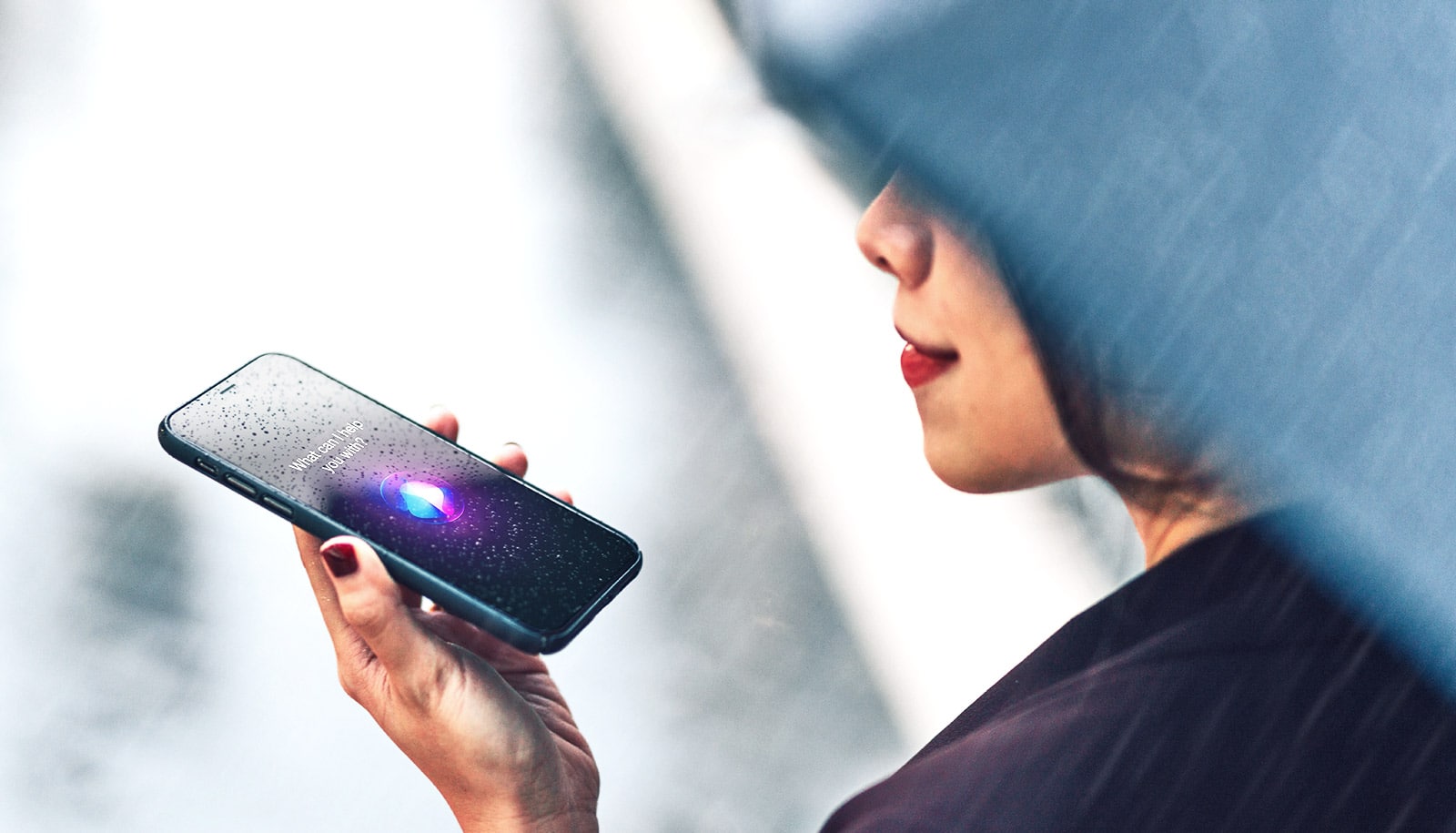Older adults use voice assistant devices more often with training and flyers with instructions to complement their daily routine, according to a new study that looked at long-term usage.
Voice assistants, such as Amazon’s Alexa and Google Nest, are low-cost computing devices that use voice and conversation as the primary interaction modality. In recent years, they have become increasingly popular with hands-free methods to retrieve information or to listen to music.
These devices also provide better information access for older adults, who may not use computers and mobile devices due to late-life vision or motor disability.
Previous research has examined how older adults have used voice assistants on a short-term basis. The new study involved older adults in a long-term care community who used Alexa devices for at least one year.
Participants learned to use Alexa through a training program that encouraged exploration. Training flyers placed near the participants’ devices gave them time to explore new skills relevant to their daily lives. All participants used Alexa at least twice a day.
“We have been using the wrong approach to introduce these technologies and train people how to use them,” says Robin Brewer, assistant professor of information at the University of Michigan. “As such, we show how older adults are actively using voice technologies.”
When they interacted with Alexa, it complemented their daily routines, improved their mood, engaged in cognitively stimulating activities, and supported socialization with others.
The researchers also note that some participants felt Alexa also provided comfort through conversations, especially valuable when they were lonely.
The researchers will present the study findings at the Conference on Human Factors in Computing Systems in Hamburg, Germany.
Pooja Upadhyay, a doctoral student at the University of Maryland, is the study’s lead author. Additional contributors are from Cornell University.
Source: University of Michigan



